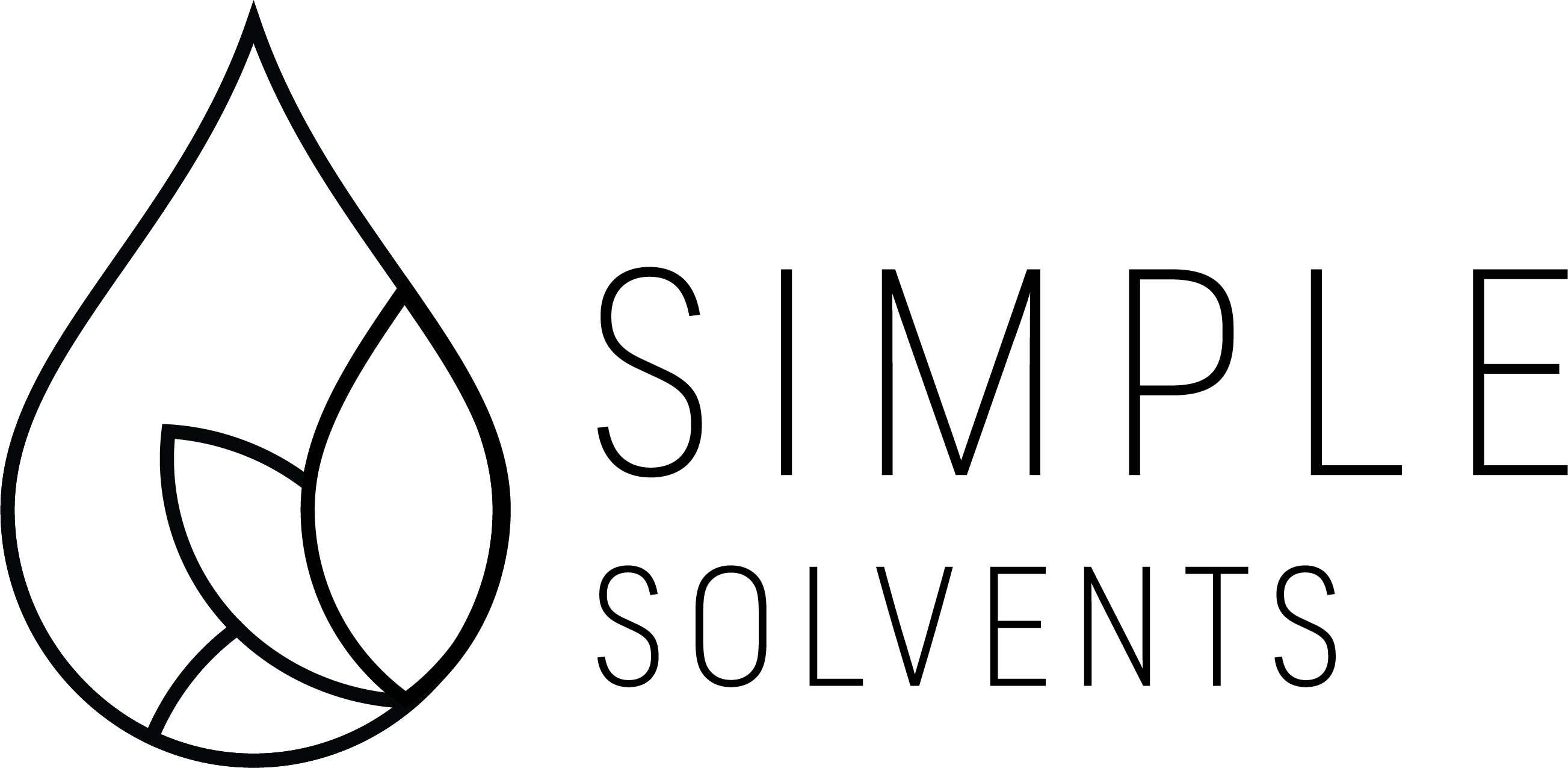Undenatured Ethanol Tax – A Breakdown of How to Save Money on Federal Excise Tax
We are here to show you how to save money on Federal Excise Taxes for 200 proof ethanol. Federal Excise Taxes are taxes the government imposes on certain goods and services, including alcohol, tobacco, and firearms. These taxes are designed to generate revenue for the government and discourage these products’ consumption. In the case of 100% Pure Food Grade Ethanol (Ethyl Alcohol or 200 Proof Ethanol), Ethanol Federal Excise Tax is imposed on producers, sellers and buyers.
Ethanol tax implications determine your end cost of goods sold. The undenatured ethanol tax implication amounts up to $26.68 / per gallon!
What is the Federal Excise Taxes for Pure Ethanol?
The Federal Excise Tax on 200 Proof Ethanol is currently $26.68 per gallon. This tax is among the highest taxes on any product in the United States. The tax is levied on the ethanol producer, and higher prices pass the cost on to the consumer.
What are the Tax Rates on Ethanol?
To calculate the federal excise tax implication on ethanol at different proofs and percentages, use the calculator below.
How Improve Efficiencies of Pure Ethanol Costs
Apply for Federal Excise Tax Reimbursements
Excise tax refunds may be available through the Alcohol and Tobacco Tax and Trade Bureau (TTB), though eligibility will depend on various factors and specific requirements established by them.
Below are a few situations in which reimbursement or exemption may apply:
- Industrial Use: Businesses using alcohol exclusively for industrial uses such as fuel, solvents, or manufacturing processes may qualify for an exemption or refund of federal excise taxes paid; this applies both to fully denatured alcohol as well as specially denatured alcohol used exclusively for approved industrial purposes.
- Non-Beverage Use of Alcohol: When manufacturers use alcohol for non-beverage production purposes such as cosmetics, pharmaceuticals, or perfume production, businesses may qualify for an exemption or refund of federal excise taxes. Usually, this only applies to specially denatured alcohol formulations approved for specific non-beverage applications.
- Export Products: Businesses exporting alcohol products outside the U.S. may qualify for a drawback of federal excise taxes paid.
Under TTB guidelines and regulations, businesses must understand the specific eligibility requirements and procedures for reimbursement claims. Companies should keep accurate records, meet reporting obligations, and submit all supporting documentation when seeking reimbursement claims from TTB. Depending on the reason behind their alcohol consumption and TTB’s approval or exemption requests, additional details might be required regarding the quantity used, the purpose of consumption, and supporting documents to process these requests for reimbursement or exemption requests.
Apply for TTB permits here including the ttb f 5150.22, application for industrial alcohol user permit.
Reduced Tax Ethanol Program for Pure Ethanol
Work with a reliable supplier, like Simple Solvents, that can offer reduced tax ethanol at only $5.40 per gallon of 200 proof ethanol vs. the full pure ethanol excise tax of $26.68 per gallon. This is almost a 5x reduction in tax implications. By contacting Simple Solvents, see if you are eligible for reduced tax ethanol now.
Efficiencies in Logistics of Pure Ethanol
Another way to reduce the impact of ethanol Federal Excise Tax is by focusing on efficiency in logistics. By managing freight and offering flexibility in pick-up, producers can reduce delivery costs and timelines, which can help offset the tax cost. Let Simple Solvents work your logistics to improve efficiencies and time spent procuring ethanol.
Efficiencies in Production
You can increase efficiencies during production of products that use pure ethanol in the manufacturing process. One example includes improving the recovery rate of your ethanol during the extraction process. Additionally, standard operating procedures can help reduce accidents and losses of ethanol.
In conclusion, Federal Excise Taxes are high – especially undenatured ethanol tax. They can significantly impact the pricing of ethanol products and products that use ethanol in the manufacturing process. Simple Solvents is here to assist with every step of the process. Ready to buy 200 Proof Pure Ethanol from Simple Solvents now?

